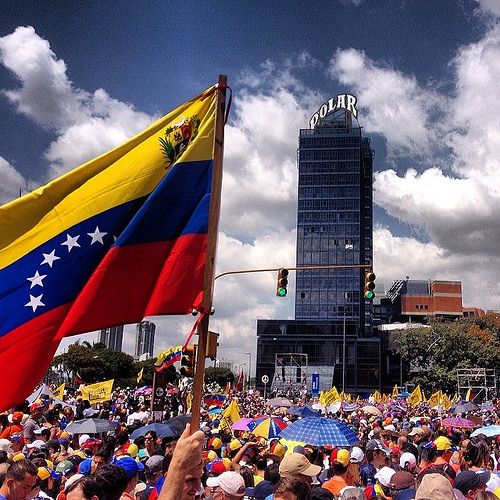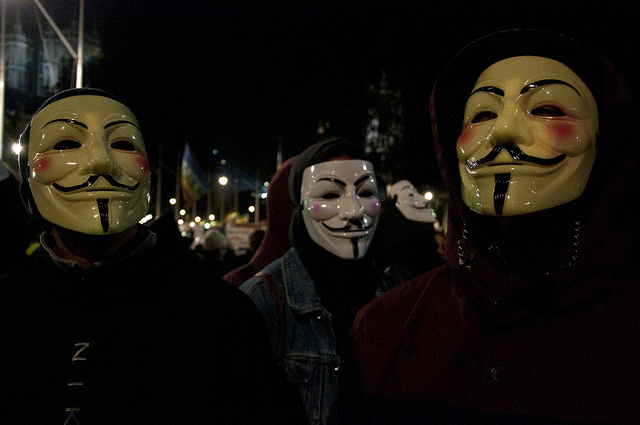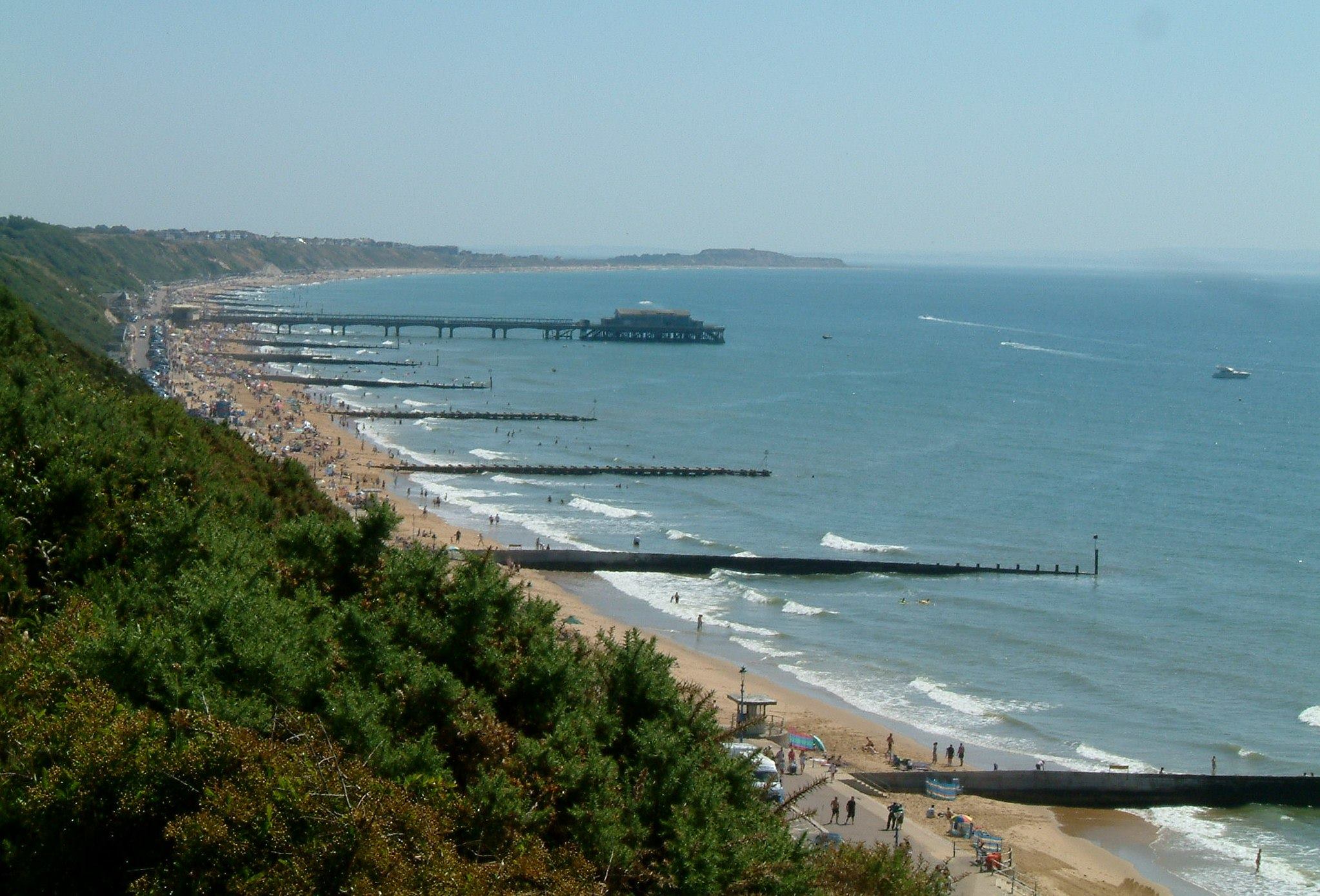“I feel pure sadness and pure fear”, says Miki Wanibuchi, recalling her memories of the Great East Japan Earthquake. An artist, Miki tried to express her emotions through paintings. “I made three paintings which really related to my very subjective feelings. I painted them just for myself, to relieve my fear.” Her eyes moisten as she remembered hearing the news of the earthquake, at a time when she was waiting to see the cherry trees blossom.
The earthquake struck off the coast of Japan at 14:46 JST on 11, March 2011. With a magnitude recorded 9 on the rector scale it was the most powerful quake to ever have hit Japan, and one among the five deadliest earthquakes in recorded history, according to the U.S. Geological Survey.
“I had never seen anything like this before in my life, it was horrible”, says Kurenai Yasutake from Fukuoka, a city on the northern shore of the island of Kyushu. She says that even though her home town was not affected last year, it was a tough situation for the whole country.

Japan is located on the “Ring of Fire” arc of volcanoes and oceanic trenches that partially encloses the Pacific Basin. This area experiences 20 per cent of major earthquakes that happen across the globe.
“I am telling my family to be careful because earthquake hits when people start forgetting about it”, says Chiharu Morimoto from Yokosuka, a city located in the southern Kantō region of Japan. “No one can really predict when an earthquake may strike, we can only try to be prepared for it”, she says.
A year on from one of the biggest earthquakes in recorded history, scientists at University of Tokyo are warning that the city could soon be hit by a major quake that that could cause untold damage.
BBC reports that a team from the University has acknowledged that there is a 75 per cent probability of an earthquake of magnitude seven or above in the region in the next four years. The Japanese Government, however, believes that possibility of such an earthquake happening is within the more generous timescale of the next 30 years.
“It has been warned that the Tokai region would experience an earthquake in the near future”, Chiharu agrees. An earthquake in Tokai would mean that Tokyo would be affected as well. However people like Yoshiko Suzuki, from Tokyo are currently students in the UK. She feels that these predictions from experts are not entirely reliable either. “I am very scared to go back to Japan”, she says. “You cannot say if it [earthquake] is going to be in Tokyo or Okinawa or any other place next.”
Last year, concerned about the effect a crippling earthquake could have on Tokyo, the Japanese government came up with an idea to develop an complete backup city just in case. The Telegraph reports that the place is named the IRTBBC – or Integrated Resort Tourism, Business and Backup City – for the time being. It will be constructed on a 1,236-acre site 300 miles west of Tokyo and may hold up to 50,000 residents and 200,000 workers and would be equipped with offices, resorts, casinos and parks – as well as essential facilities in case of disaster.
Japan and its people have long become accustomed to earthquakes. Their lives, culture and infrastructure have all been tailored to survive the constant threat of earthquakes. Last year’s disaster was immense mainly due to the Tsunami. However, no one is sure how the country would manage if a major quake strikes again.
Main image: Official U.S. Navy Imagery on Flickr







